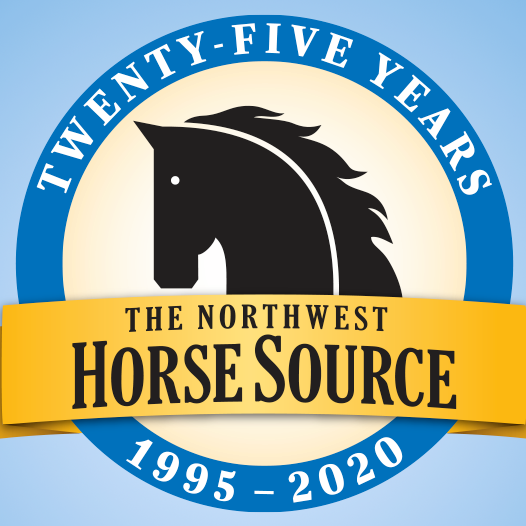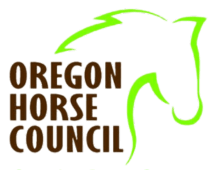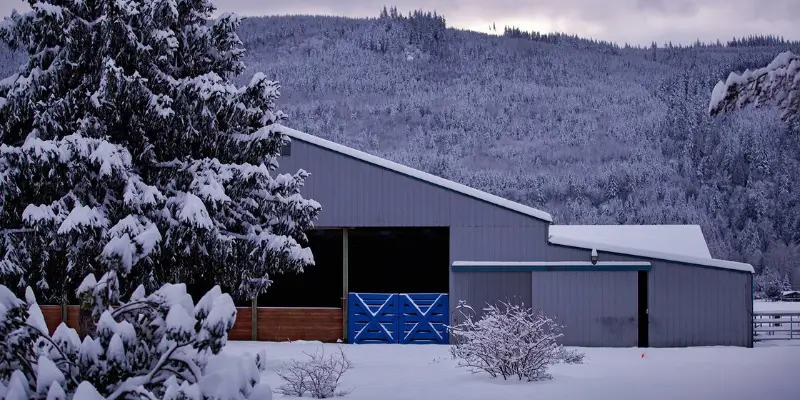A friend of mine recently sold her two horses. She’d raised both from colts and worked hard to turn them into lovely, well-mannered, equine citizens. I was shocked when she told me she’d parted with them and was now horseless. I hadn’t realized that was something she’d ever consider. It was painful for her, but she felt called to do other things with her life.
My first reaction was sadness; I’d enjoyed our shared passion and felt gloomy it was over, but I do understand. Caring for horses and the place they live is all-consuming and ties us down. I think of her often when I head out into the dark, cold, winter mornings to do chores, or when I balance my checkbook. She’s free of the responsibilities, expense, and back-breaking work of horse ownership.
And so, I try and imagine it. What would it be like to not have horses? How would it feel to live in town, maybe even in a condo or apartment with no land to care for? I mull it over and always come back to the same thought: I’m not ready yet.
My horses and this farm are my home. Perhaps it will always be this way for me. I can’t imagine the emptiness of a horseless life. I love the rhythms of farm life and animal care. Caring for horses and a farm are a kind of prayer to me. The physical work, the changing seasons, even the sacrifice involved bring me closer to the divine. Caring for horses gets me out of myself and helps me consider the needs of others. It moves me towards nature and gives me a community of human friends I cherish.
An equine facility is not just the four walls and roof of a barn, but the souls that live inside and around it. The horses, of course, but also the birds, the cats, the dog at my heels, my boarders, the people who haul in for lessons, my farriers, and my veterinarians. Many of these people are my closest friends. There are the sunrises and sunsets I see when feeding and cleaning stalls and pens, the coyote prowling the fields, the elk herd, and the doe and her fawns. This is my home.
See this article in the January/February 2023 online edition of the NW Horse Source
Article by Kim Roe

The Northwest Horse Source is an independently owned and operated (since 1995) online magazine for horse owners and enthusiasts of all breeds and disciplines in the Pacific Northwest. Our contemporary editorial columns are predominantly written by experts in the region, covering the care, training, keeping and enjoyment of horses, with an eye to the specific concerns in our region.

